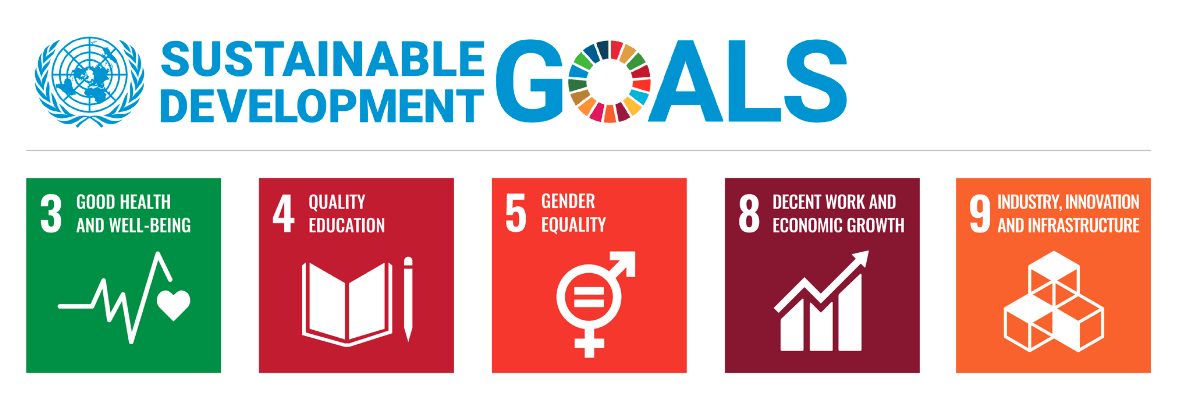Across RSM, our people and Firms are engaged in impactful initiatives, living our Values, and bringing our Purpose to life by instilling confidence in a world of change.
At RSM, our global impact plans to 2030 are being directed towards three key areas, as we build a strong global overlay alongside all the great work being conducted at individual Firm level. Focus areas are:
1. Public alignment with principled global strategic initiatives:
- To show support for responsible business practices.
- To work with strategic partners who bring independent, outside-in perspectives to support our approach.
2. Educating all our stakeholders on ESG themes and ways in which we can all make a powerful, positive and lasting difference as we fulfil our purpose to instill confidence in a world of change.
3. Building a global ESG reporting and monitoring infrastructure:
- To further develop RSM’s global policy framework and, over time, develop a consistent global reporting structure against a set of key metrics, enabling uniform measurement of actions.
Concurrent to this, is our focus on ESG advisory services. As a long-standing provider of assurance services to an extensive global corporate client base, our understanding of the regulatory and best practice requirements concerning matters of governance, accountability, reporting and measurement puts us in an important position to influence change across a large group of stakeholders. With this in mind, we recognise how critical it is that we adopt best practices ourselves internally, placing considerations relating to environmental issues, social behaviour and governance at the heart of our organisation.
Over 2023, we initiated a number of key projects aligned with our three focus areas, with a small selection of these highlighted in this report.
RSM’s first global Corporate Carbon Footprint Measurement

From May to October 2023, all RSM Firms worked together to measure RSM’s global Corporate Carbon Footprint for the first time - as a foundation for climate action.
For transparency and to bring in an important independent, outside perspective, we partnered with ClimatePartner, a consultancy with extensive experience in helping global companies take climate action.
Supporting the UN Sustainable
Development Goals
As a proud participant in the UN Global Compact, in 2022, RSM began a programme to promote understanding around the Sustainable Development Goals across RSM globally, selecting five Foundational Goals to champion to create the greatest possible impact for RSM activities globally. Over 2023 our list of global learning courses was extended and we continue to capture and promote a wealth of individual Firm CSR activities on our Global Impact Hub. In support of these goals, RSM Firms around the world have developed programmes that have positively impacted their communities.
RSM World Day is our annual opportunity to celebrate being part of RSM as a global organisation and provides a focal point for collective CSR activity. The decision to highlight SDG Goal 4 – Quality Education - for RSM World Day 2023 was timely: according to the latest research by the United Nations, the global pandemic caused learning losses in four out of five countries (of 104 studied). Now more than ever, ensuring inclusive and equitable quality education and promoting lifelong learning opportunities for all is crucial to achieving this goal.
4. Quality education:
Under the theme 'Knowledge is Power', RSM Member Firms were asked to focus on CSR initiatives to promote lifelong learning opportunities for all, and to use education and knowledge to change lives. The results of our internal survey highlighted 62 CSR initiatives globally, with RSM Members engaging in activities throughout the autumn of 2023. A small snapshot of these are highlighted in this report.
5. Gender equality:
Across RSM, over 2023 there was a wealth of activity to promote diversity and inclusion. RSM is proud to champion The Women’s Empowerment Principles (WEPs) in support of SDG goal 5 - Gender Equality. Established by UN Women and UN Global Compact, the WEPs are informed by international labour and human rights standards and grounded in the recognition that businesses have a stake in, and a responsibility for, gender equality and women’s empowerment.




